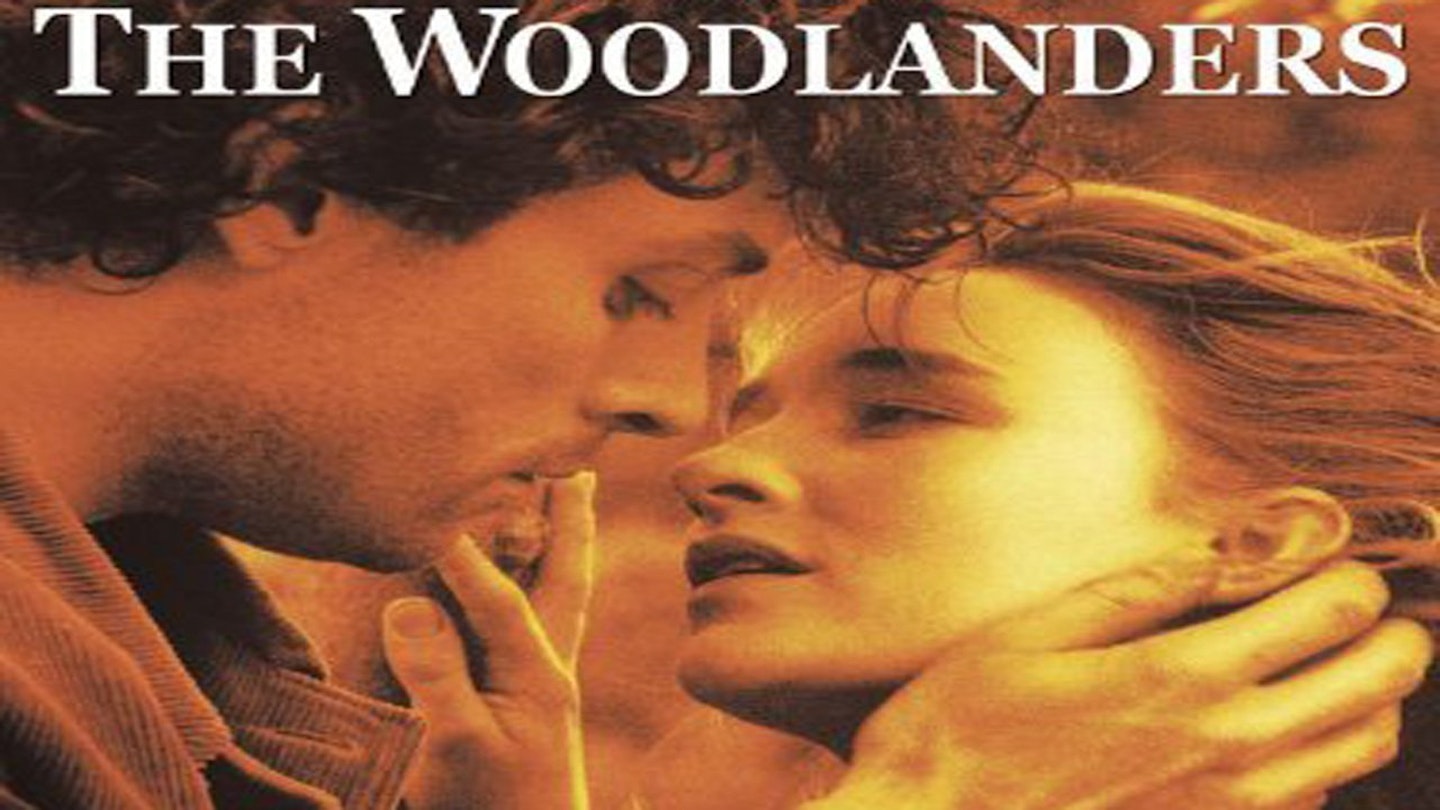The latest cinematic dip into the works of misery meister Thomas Hardy is as formulaic as they come, a woebegone Victorian morality tale in which tragedy and heartbreak jostle for screen space. Sewell plays principal yokel, woodsman Giles Winterbourne who harbours aspirations of landing his boss' daughter Grace Melbury (Woof) for his wife. But when the comely wench returns home from finishing school, she's armed with higher ambitions, and her faithful but poor lover is spurned in favour of the attentions of scholarly local doctor Fitzpiers (Cal MacAnich).
No sooner is the honeymoon over, however, than the posh doc, realising that he's married beneath him, begins seeking out more upmarket female company (most notably widowed lady of the manor Mrs. Charmond (Walker). While at home Grace grows increasingly restless and lonely in the absence of her new spouse. And when she starts casting furtive glances in the direction of Winterbourne, the man she soon realises she should have gone up the aisle with, you know it's all going to end in tears.
Clocking in at a hurried 97 minutes, former documentary maker Phil Agland's beautiful looking but vastly understated movie debut appears to have been tailored for a TV slot, rather than the cinema. And he does his film no favours by opting to pack the unhappy tale in without any frills, almost to the point of being a garbled rush.
Woof and Sewell make the best of it, but it's hard not to feel slightly sorry for them when the condensed format deprives the script of any of the heart, soul or real passion that marked out, say, Michael Winterbottom's Jude.
